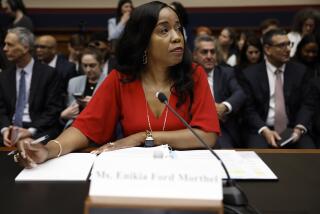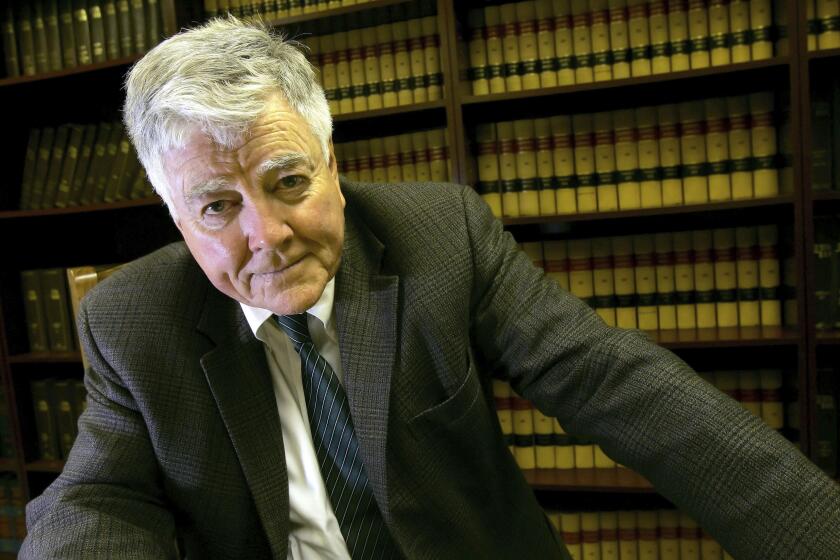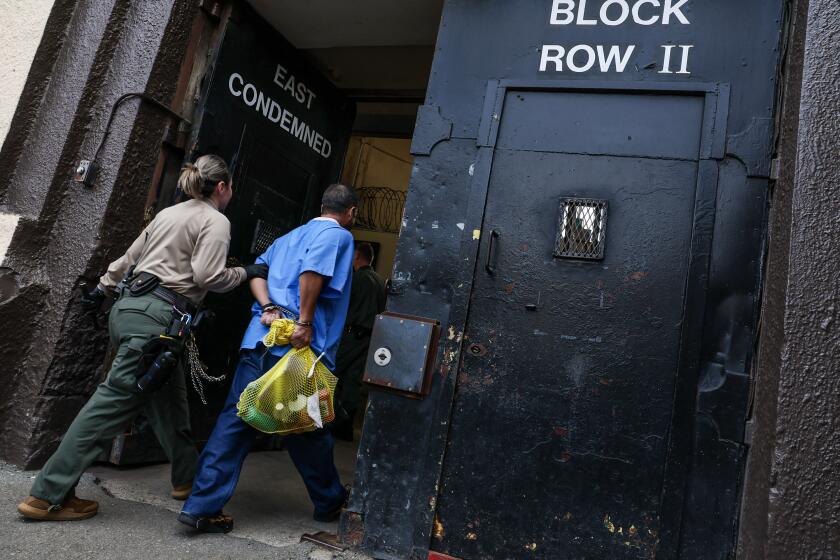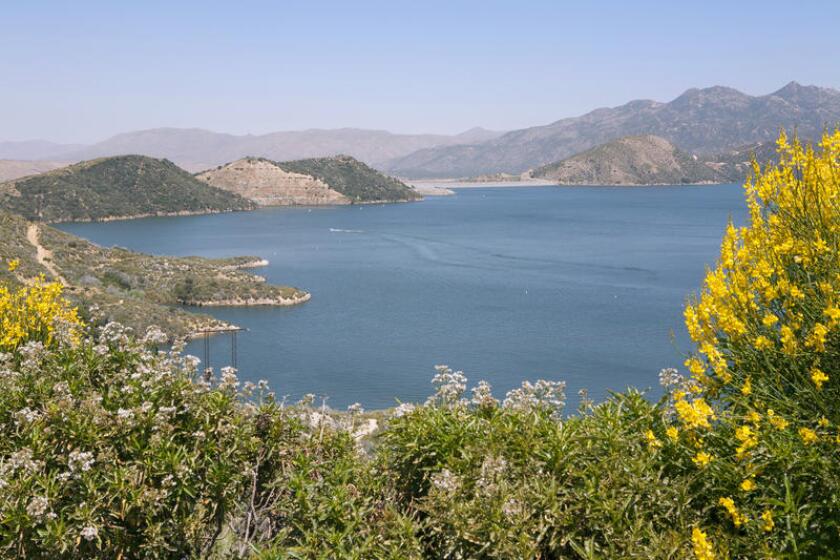A Lengthy Fight Over Troubled Waters
CALIFORNIA HAS A long history of offshore oil drilling. The first rigs went up in the 1890s on piers off Summerland in Santa Barbara County. By the time of the Santa Barbara oil spill of 1969, hundreds of wells had been installed on piers, platforms and islands up and down the coast. After the spill, leasing in state waters--within the three-mile limit--essentially stopped. The first oil platform in federal waters--beyond three miles--was Phillips Petroleum’s Platform Hogan, which went up in 1968 off Carpinteria. Since then, 20 additional platforms have been placed in federal waters at an average rate of one a year. In 1981, to block Interior Secretary James G. Watt’s lease-sale of five basins off California, Congress passed a moratorium on oil leasing from San Luis Obispo to the Oregon border. Additional moratoriums (or the effective equivalent of them) have blocked offshore oil leasing in those areas ever since.
To pass these moratoriums, the California congressional delegation has always depended on the help of its colleagues from other states. But after numerous battles, debates and pleas, more than a few members of Congress have grown tired of hearing about the need to protect California’s coast. And now, says Sen. James A. McClure (R-Ida.), many people feel that Californians are being “a little bit selfish.”
The reason, says Rep. Jack Fields (R-Texas), is that there are estimated to be more than 2 billion barrels of oil yet undiscovered and an estimated 4.5 trillion cubic feet of natural gas off California. “Californians have a right to control what is within three miles of their shoreline. They don’t have a right to control what is beyond that line. That basically is something that is owned by all Americans. And I think at some point there is going to be a tremendous amount of resentment when we do get into an energy shortage.”
Californians say pollution from oil platforms is their major concern, Fields says, but pollution is “so insignificant not to be a major factor. The chief objection (of Californians) when you remove all the fluff is the view.”
According to Barry Toiv, an aide to Rep. Leon Panetta (D-Monterey), the congressman frequently hears this argument. He says this is why Panetta worked so hard to come to an agreement with Interior Secretary Hodel in the first place. When the next oil crisis comes and people start claiming that Californians are selfish, “he wants to be able to say, ‘That’s not the case. We are doing our share. We have this long-term agreement we just can’t go back on.’ But if you insist on taking an absolute no-compromise position on offshore drilling,” says Toiv, “in the long run you could get burned very badly.”
More to Read
Start your day right
Sign up for Essential California for news, features and recommendations from the L.A. Times and beyond in your inbox six days a week.
You may occasionally receive promotional content from the Los Angeles Times.






